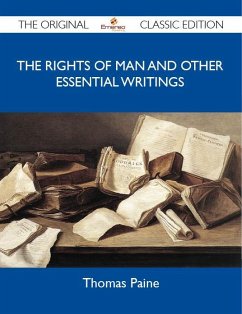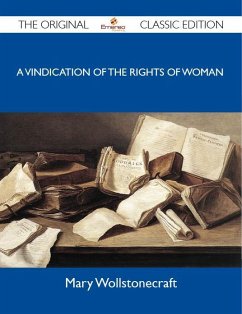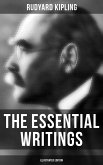In an unrelenting quest to understanding the history of the United States, one obscure name comes to mind, Thomas Paine. Paine helped establish the meaning of democracy and the united in United States. His monumental work, RIGHTS OF MAN, provided the philosophical and rhetorical building blocks that the founding fathers, such as Thomas Jefferson and Benjamin Franklin, et al., would emulate with the writing of the Declaration of Independence and the Bill of Rights. Many take for granted the origins of freedom and democracy in the United States, and as with many school history textbooks depict, Paine merely appears in a paragraph or two, and quickly disappears to historical oblivion.
Nevertheless, when one reads RIGHTS OF MAN: AND OTHER ESSENTIAL WRITINGS OF THOMAS PAINE, there will be no doubt how significant his philosophical and political writings transformed the political structure of the colonies. Although this may sound somewhat romanticized, Paines words ignited the energy for the colonists to free themselves from the tyrannical-monarchical leadership of Englands King George III. With all the talk of Paine being a founding father, he may also be considered the father of revolution, American Revolution and French Revolution, and human rights. Without the inspiration from his friend Edmund Burke, author of REFLECTIONS ON THE REVOLUTION IN FRANCE, Paine may not have been able to write the pamphlet Rights of Man. Indeed, his power of the written word translated to revolutionary action, and Jeffersonian ideology.
For RIGHTS OF MAN, he proposed possible solutions toward poverty, and created a blueprint towards achieving social and political institutions through his written abstracts. The other essential writings include the pamphlets, THE CRISIS, part one of THE AGE OF REASON, and selections of AGRARIAN JUSTICE. These writings gives readers an idea the political and religious atmosphere in which Paine lived, and how breaking ties with the so-called motherland was necessary towards forging a free nation.
RIGHTS OF MAN is indeed accessible with its pocketbook size form. After reading the book, readers may have a better understanding of what it takes to build a nation. Paines words are lessons of history and humanity, and is definitely recommendable reading.
Nevertheless, when one reads RIGHTS OF MAN: AND OTHER ESSENTIAL WRITINGS OF THOMAS PAINE, there will be no doubt how significant his philosophical and political writings transformed the political structure of the colonies. Although this may sound somewhat romanticized, Paines words ignited the energy for the colonists to free themselves from the tyrannical-monarchical leadership of Englands King George III. With all the talk of Paine being a founding father, he may also be considered the father of revolution, American Revolution and French Revolution, and human rights. Without the inspiration from his friend Edmund Burke, author of REFLECTIONS ON THE REVOLUTION IN FRANCE, Paine may not have been able to write the pamphlet Rights of Man. Indeed, his power of the written word translated to revolutionary action, and Jeffersonian ideology.
For RIGHTS OF MAN, he proposed possible solutions toward poverty, and created a blueprint towards achieving social and political institutions through his written abstracts. The other essential writings include the pamphlets, THE CRISIS, part one of THE AGE OF REASON, and selections of AGRARIAN JUSTICE. These writings gives readers an idea the political and religious atmosphere in which Paine lived, and how breaking ties with the so-called motherland was necessary towards forging a free nation.
RIGHTS OF MAN is indeed accessible with its pocketbook size form. After reading the book, readers may have a better understanding of what it takes to build a nation. Paines words are lessons of history and humanity, and is definitely recommendable reading.
Dieser Download kann aus rechtlichen Gründen nur mit Rechnungsadresse in A, D ausgeliefert werden.









